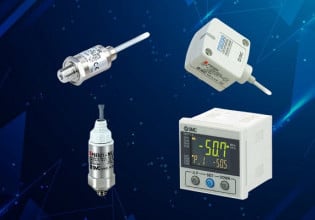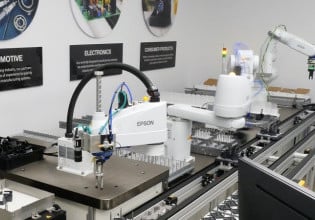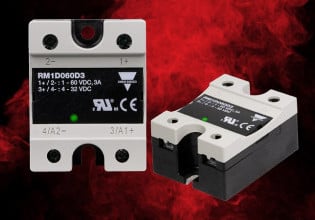P
i am doing a project about PLC..but i don't know what the hack is a PLC. please help me...
some questions
1) what is a PLC?
2) what are the programming languages used?
3) what is a soft PLC?
4) what are the advantages of a PLC compared to a PC
thanks first.
some questions
1) what is a PLC?
2) what are the programming languages used?
3) what is a soft PLC?
4) what are the advantages of a PLC compared to a PC
thanks first.






